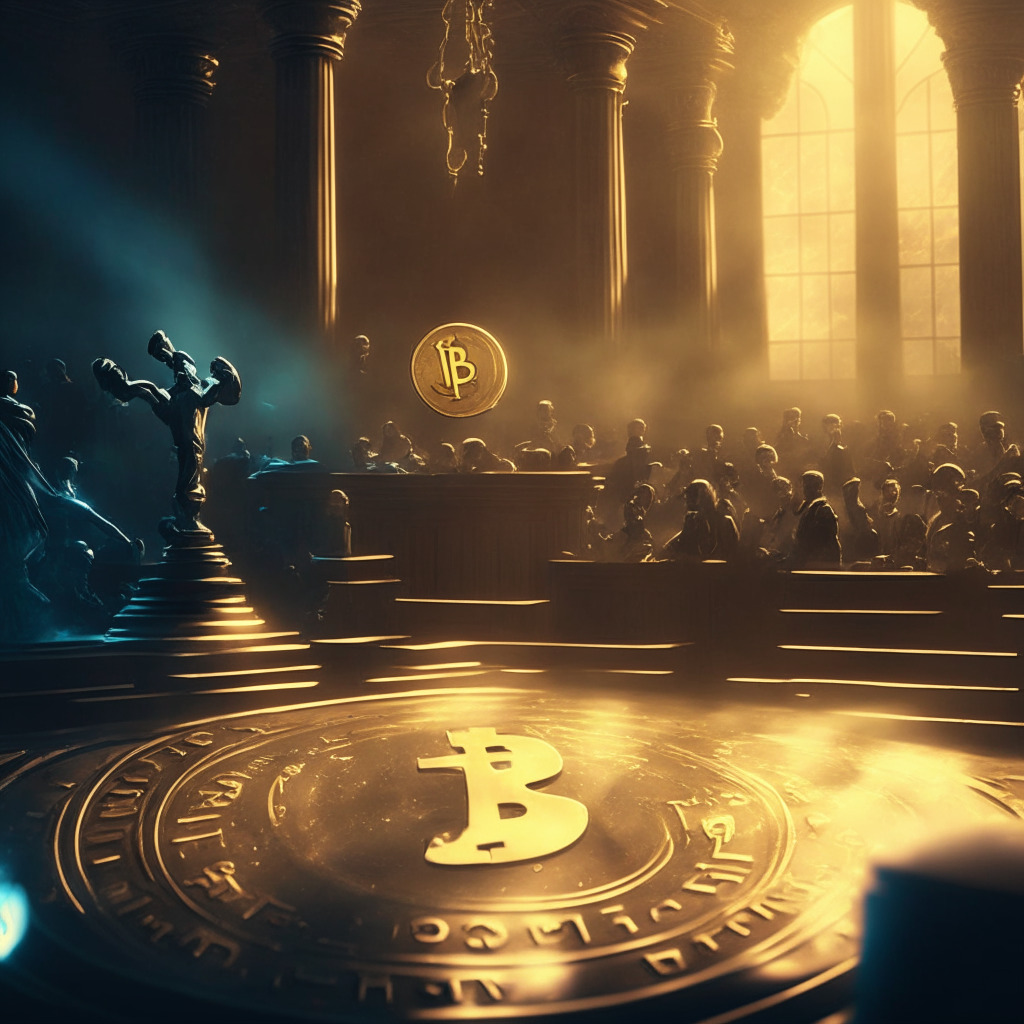A recent US court ruling has hinted at a possible shift in the battle lines drawn between the world of cryptocurrency and the Securities and Exchange Commission (SEC). Notoriously, the SEC has challenged the likes of Coinbase, Binance and Bittrex for operating, as it contends, unregistered trading platforms. These platforms collectively list favoured crypto names such as Cardano, Solana, Polygon and Filecoin, regarded by the SEC as unregistered securities.
However, the Southern District Court of New York suggested that not all sales and distributions of XRP tokens by Ripple, the challenged party in this case, were investment contracts. This distinction injects a new element into defence strategies of the aforementioned platforms. Teresa Goody Guillén, a previous SEC attorney, considers the opinion a game changer that could potentially redraw the enforcement landscape of the SEC.
But, one must be careful to not let excitement cloud judgement. Legal experts believe the ruling rests on unstable soil and its translation into a broad change for the crypto industry may be a premature stretch. The SEC holds ground on its views of coin and token regulatory status with sections of the court’s decision in their favour.
Further, the Ripple-centric character of the judgement does not provide a universal solution for the myriad of regulatory issues confronting the digital assets sector. Despite Ripple’s victory, other players might struggle to leverage the decision if the particularities of their situations do not perfectly align.
It must be noted that this decision contradicts, at least to some extent, the SEC’s long-standing stance that secondary sales of digital assets on exchanges are unregistered securities sales. An appeal will decide if this ruling becomes a pivotal point that significantly restricts SEC jurisdiction over the crypto market.
Cautiously optimistic, the crypto industry might explore innovative ways of distributing digital assets in light of this judgement. However, challengers, including those primarily concerned with secondary market activity, may tussle with incorporating this ruling into their narratives due to its unique backdrop.
In closing, the decision identifies institutional sales of XRP as investment contracts, broadly aligning with SEC Chair Gary Gensler’s perspective that most initial coin offerings are securities. If we view the ruling as a mine, this is a seam for the SEC to exploit, even as the cryptocurrency industry hails the ruling as a major coup.
Source: Coindesk




